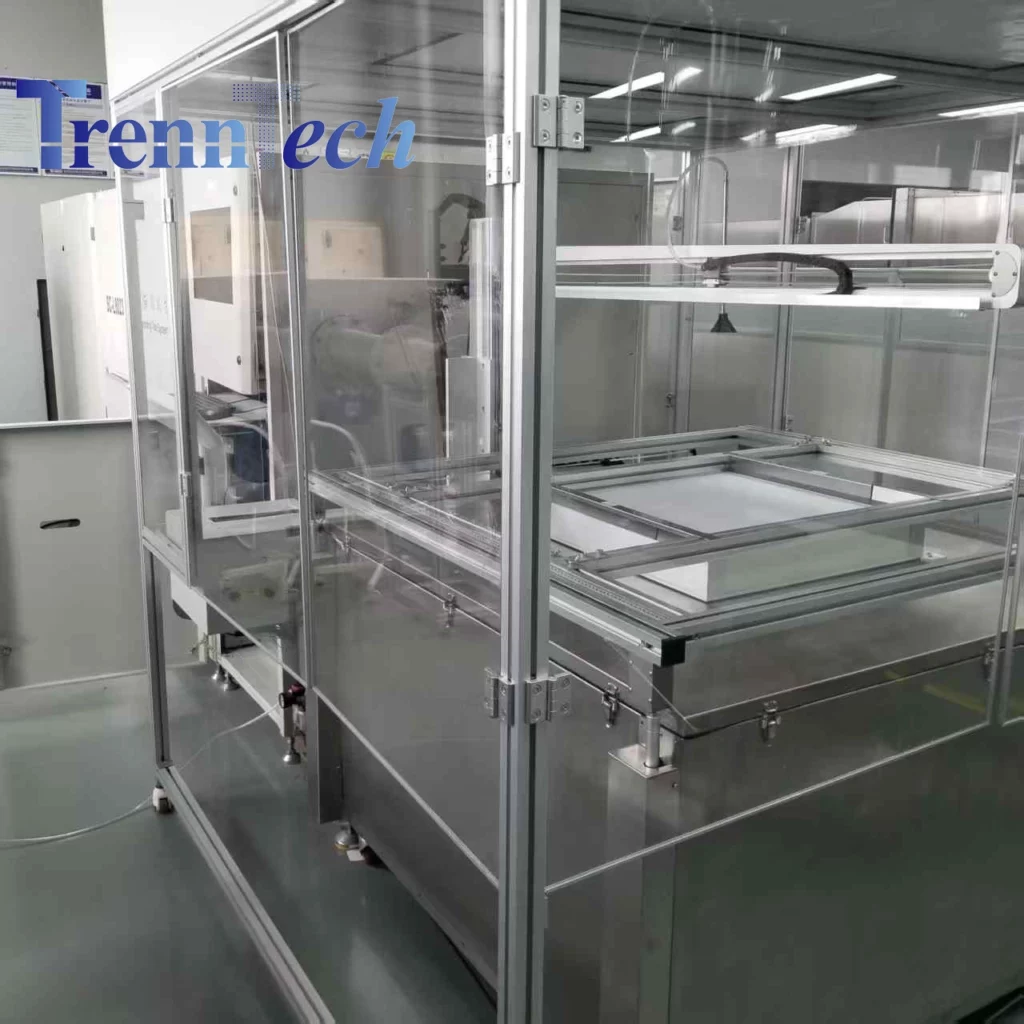Author: Vanessa 17 Feb. 2025 Category: AIR Filter
Quality management of air filters
Air filters play a vital role in modern life and industrial production. For example, improving air quality and ensuring the cleanliness and safety of processes in industrial production. In order to ensure that the performance of air filters in different applications meets expectations, a series of rigorous tests are required. According to the rating requirements of air filters, such as GB/T 14295, EN 1822, etc., the conventional test items are:
1. Filtration efficiency
- Particle filtration efficiency: Test the filter’s filtration capacity for particles of different particle sizes, such as PM2.5, PM10, 0.3 micron particles, etc., usually expressed as a percentage. For example, the filtration efficiency of a high-efficiency air filter for 0.3 micron particles should reach 99.97%.
- Gas filtration efficiency: Evaluate the filter’s ability to remove harmful gases in the air, such as ozone, volatile organic compounds (VOCs), formaldehyde, etc., and the results are expressed as removal rate or adsorption capacity.
2. Resistance
- Initial pressure drop: refers to the initial airflow resistance of the filter under normal flow, generally expressed in Pascal (Pa) or inches of water column (in.wc). The smaller the pressure drop, the lower the energy consumption.
- Pressure drop growth: With the increase of use time or dust accumulation, the change of filter pressure drop can reflect its durability and dust accumulation capacity.
3. Particle capture capacity
Evaluate by testing the capture rate of the filter for particles of different sizes, expressed as a percentage, to understand its filtering effect under different particle sizes.

4. Durability
- High temperature resistance test: Place the filter in a high temperature environment to test its performance stability and see if it can work normally under high temperature conditions.
- Humidity resistance test: Test the performance of the filter in a high humidity environment to evaluate its performance and durability under humid conditions.
- Chemical resistance test: Expose the filter to chemicals such as acids, alkalis, and solvents to detect changes in its performance and ensure stability in a chemical environment.
5. Gas adsorption capacity
For filters with adsorption function such as activated carbon filters, evaluate their adsorption effect on specific harmful gases and the saturation of activated carbon filters to determine the timing of replacing the filters.
6. Mechanical strength
- Pressure resistance test: Test the mechanical strength of the filter under high pressure environment to ensure that it does not deform or break under pressure conditions.
- Anti-breakage test: Simulate physical impact or extrusion, test the durability of the filter, and evaluate its anti-breakage ability.
7. Air flow
Determine the rated air flow of the filter under specific conditions, expressed in cubic meters per hour (m³/h) or cubic feet per minute (cfm), to ensure that it can effectively filter the air in normal use.
8. Acoustic performance
Measure the noise level generated by the filter when it is working, expressed in decibels (dB). The lower the noise, the more comfortable the use environment.
9. Air quality
Evaluate the emission of harmful substances in the air by the filter to ensure that the quality of the discharged air meets the relevant standards and avoid secondary pollution.
10. Integrity
Check the filter for damage, holes, etc. to ensure the filtering effect. This is especially important for occasions with high filtering accuracy requirements, such as sterilization filtration in pharmaceutical production.
11. Appearance
Check the appearance of the filter for defects such as damage, deformation and stains. Good appearance can ensure its normal use and filtering effect.
In order to ensure the quality of air filters, Trenntech Technology specially purchases professional testing equipment. Before each product leaves the factory, it will be tested for quality. If it meets the requirements, Trenntech will issue a qualified document for the product. Otherwise, it will be treated as waste. Trenntech prohibits unqualified products from entering the sales link.
